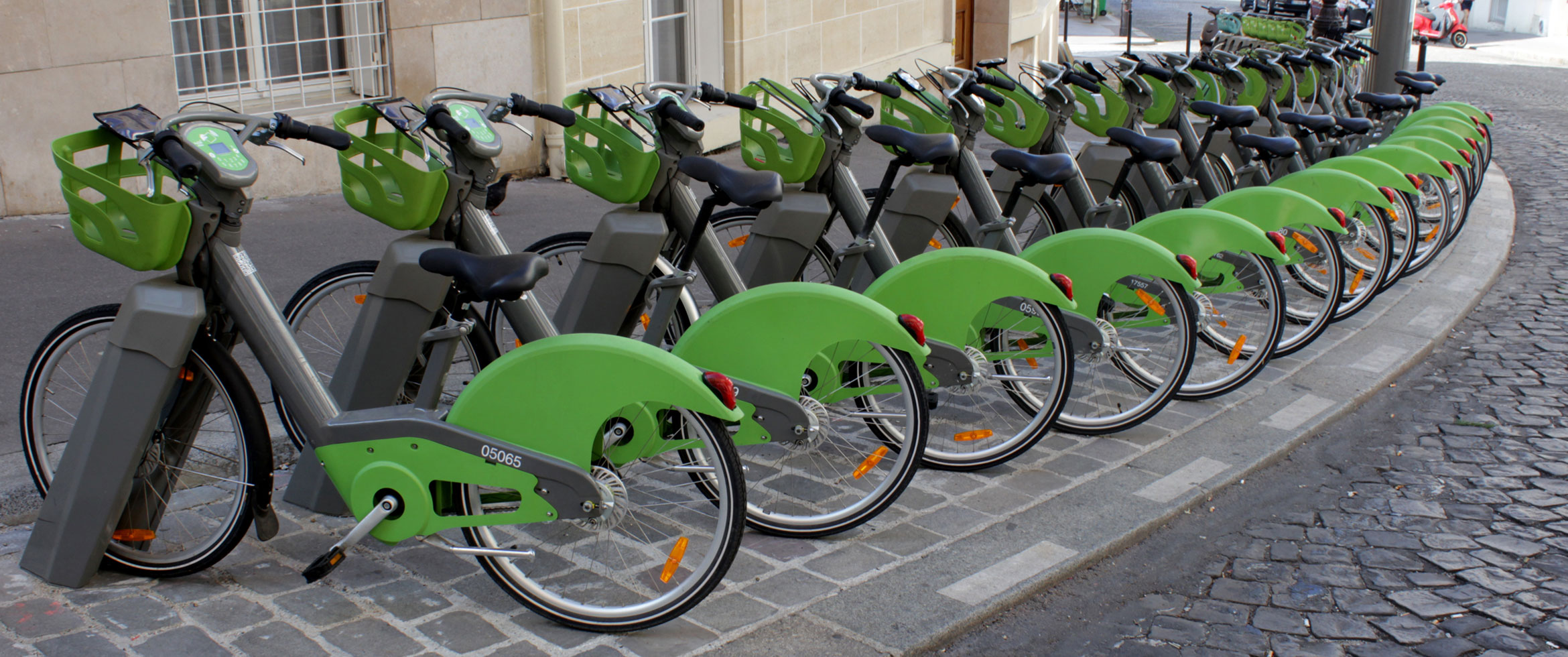Seattle’s Just One Trip Phase II
Vancouver’s Employee Trip Reduction Program
Stepping It Up
Portland’s Smart Trips Welcome Program
Applying a Modified Moral Decision Making Model to Change Habitual Car Use: How Can Commitment be Effective?
Matthies, E., Klöckner, C., & Preißner, C. (2006). Applying a Modified Moral Decision Making Model to Change Habitual Car Use: How Can Commitment be Effective?. Applied Psychology: An International Review, 55(1), 91-106.
Using Community-Based Social Marketing Techniques to Enhance Environmental Regulation
Kennedy, A. (2010). Using Community-Based Social Marketing Techniques to Enhance Environmental Regulation. Sustainability, 2(4), 1138-1160
Successfully Changing Individual Travel Behavior: Applying Community-Based Social Marketing to Travel Choice
Cooper, C. (2007). Successfully changing individual travel behavior: Applying community-based social marketing to travel choice. Transportation Research Record, (2021), pp. 88-99.
A Community-Wide Intervention to Improve Pedestrian Safety: Guidelines for Institutionalizing Large-Scale Behavior Change
Boyce, T. E., & Geller, E. S. (2000). A community-wide intervention to improve pedestrian safety: Guidelines for institutionalizing large-scale behavior change. Environment and Behavior, 32(4), 502520.
The Effects of Non-Contingent Free Bus Tickets and Personal Commitment on Urban Bus Ridership
Bachman, W. , & Katzev, R. (1982). The effects of non-contingent free bus tickets and personal commitment on urban bus ridership. Transportation Research, 16A, 2, 103-108.
Life Paths into Effective Environmental Action
Chawla, Louise. (1999). Life paths into effective environmental action. . Journal of Environmental Education, 31, 1, 15-26.



